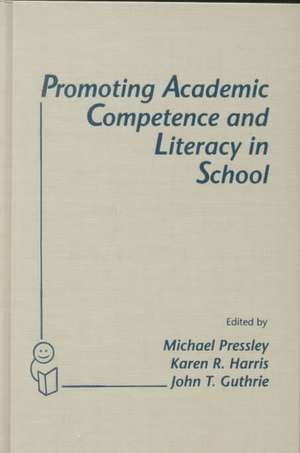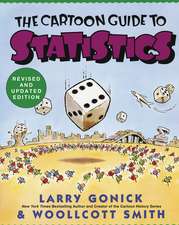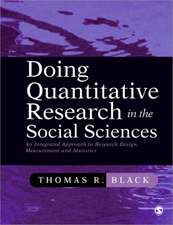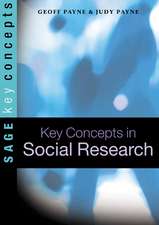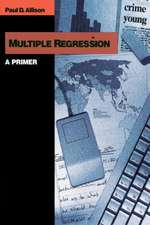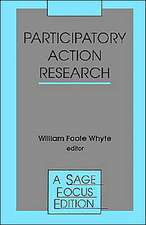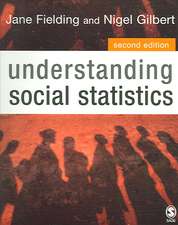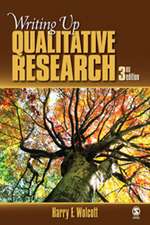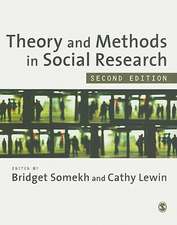Promoting Academic Competence and Literacy in Sc – Conference on "Cognitive Research for Instructional Innovation" : Revised Papers
Autor Michael Pressley, John T. Guthrie, Karen R. Harrisen Limba Engleză Hardback – 2 iun 1992
Examines the role of NP-movement vs. lexical rules in accounting for alternations in grammatical functions.
Key Features
* Presents the role of the lexicon in syntactic theory
* Offers debates between major practioners in the field
* Includes the nature of argument and structure
* Examines the relation of argument nature to constituent structure and binding theory
Preț: 1269.53 lei
Preț vechi: 1648.75 lei
-23% Nou
Puncte Express: 1904
Preț estimativ în valută:
242.92€ • 253.63$ • 201.05£
242.92€ • 253.63$ • 201.05£
Carte tipărită la comandă
Livrare economică 04-18 aprilie
Preluare comenzi: 021 569.72.76
Specificații
ISBN-13: 9780125644389
ISBN-10: 0125644388
Pagini: 506
Dimensiuni: 152 x 229 x 838 mm
Greutate: 0.9 kg
Editura: Emerald Publishing
ISBN-10: 0125644388
Pagini: 506
Dimensiuni: 152 x 229 x 838 mm
Greutate: 0.9 kg
Editura: Emerald Publishing
Public țintă
Educational psychologists, teachers, educators, and cognitive psychologists.Cuprins
Academic Competence in Classrooms:
D. Miechenbaum and A. Biemiller, In Search of Student Expertise in the Classroom: A Metacognitive Analysis.
G. Nuthall and A. Alton-Lee, Understanding How Student Learn in Classrooms.
Reading:
M. Pressley, P. Beard, E. Dinary, and R. Brown, Skilled and Not-So-Skilled Reading: Good Information Processing and Not-So-Good Information Processing.
T. Shanahan, Reading Comprehension as a Conservation With an Author.
C. Collins, Improving Reading and Thinking: From Teaching or Not Teaching Skills to Interactive Interventions.
G.E. Miller and M.E. Brewster, Developing Self-Sufficient Learners in Reading and Mathematics.
M.A. Gallego, Collaborative Instruction for Reading Comprehension: The Role of Discourse and Discussion.
R.E. Mayer, Guiding Student's Cognitive Processing of Scientific Information in Text.
Writing:
M. Montague and A. Graves, Teaching Narrative Composition to Students with Learning Disabilities.
K.R. Harris and S. Graham, Self-Regulated Strategy Development: A Part of the Writing Process.
C.B. McCormick, B.A. Busching, and E.F. Potter, Children's Knowledge About Writing: The Development and Use of Evaluative Criteria.
J. Fitzgerald, Variant Views About Good Thinking During Composing: Focus on Revision.
Development of Teachers Who Promote Academic Competence, Skilled Reading, and Good Writing:
F.L. Kline, D.D. Deshler, and J.B. Schumaker, Implementing Learning Strategy Instruction in Class Settings: A Research Perspective.
I.W. Gaskins, E.A. Cunicelli, and E. Satlow, Implementing an Across-the-Curriculum Strategies Program: Teacher's Reaction to Change.
L.R. Roehler, Embracing the Instructional Complexities of Reading Instruction.
P.L. Anders and C.S. Bos, Dimensions of Professional Development: Weaving Teacher Beliefs and Strategic Content.
J.G. Borkowski and N. Muthukrishna, Moving Metacognition into the Classroom: "Working Models" and Effective Strategy Teaching.
Each chapter includes references.
Index.
D. Miechenbaum and A. Biemiller, In Search of Student Expertise in the Classroom: A Metacognitive Analysis.
G. Nuthall and A. Alton-Lee, Understanding How Student Learn in Classrooms.
Reading:
M. Pressley, P. Beard, E. Dinary, and R. Brown, Skilled and Not-So-Skilled Reading: Good Information Processing and Not-So-Good Information Processing.
T. Shanahan, Reading Comprehension as a Conservation With an Author.
C. Collins, Improving Reading and Thinking: From Teaching or Not Teaching Skills to Interactive Interventions.
G.E. Miller and M.E. Brewster, Developing Self-Sufficient Learners in Reading and Mathematics.
M.A. Gallego, Collaborative Instruction for Reading Comprehension: The Role of Discourse and Discussion.
R.E. Mayer, Guiding Student's Cognitive Processing of Scientific Information in Text.
Writing:
M. Montague and A. Graves, Teaching Narrative Composition to Students with Learning Disabilities.
K.R. Harris and S. Graham, Self-Regulated Strategy Development: A Part of the Writing Process.
C.B. McCormick, B.A. Busching, and E.F. Potter, Children's Knowledge About Writing: The Development and Use of Evaluative Criteria.
J. Fitzgerald, Variant Views About Good Thinking During Composing: Focus on Revision.
Development of Teachers Who Promote Academic Competence, Skilled Reading, and Good Writing:
F.L. Kline, D.D. Deshler, and J.B. Schumaker, Implementing Learning Strategy Instruction in Class Settings: A Research Perspective.
I.W. Gaskins, E.A. Cunicelli, and E. Satlow, Implementing an Across-the-Curriculum Strategies Program: Teacher's Reaction to Change.
L.R. Roehler, Embracing the Instructional Complexities of Reading Instruction.
P.L. Anders and C.S. Bos, Dimensions of Professional Development: Weaving Teacher Beliefs and Strategic Content.
J.G. Borkowski and N. Muthukrishna, Moving Metacognition into the Classroom: "Working Models" and Effective Strategy Teaching.
Each chapter includes references.
Index.
